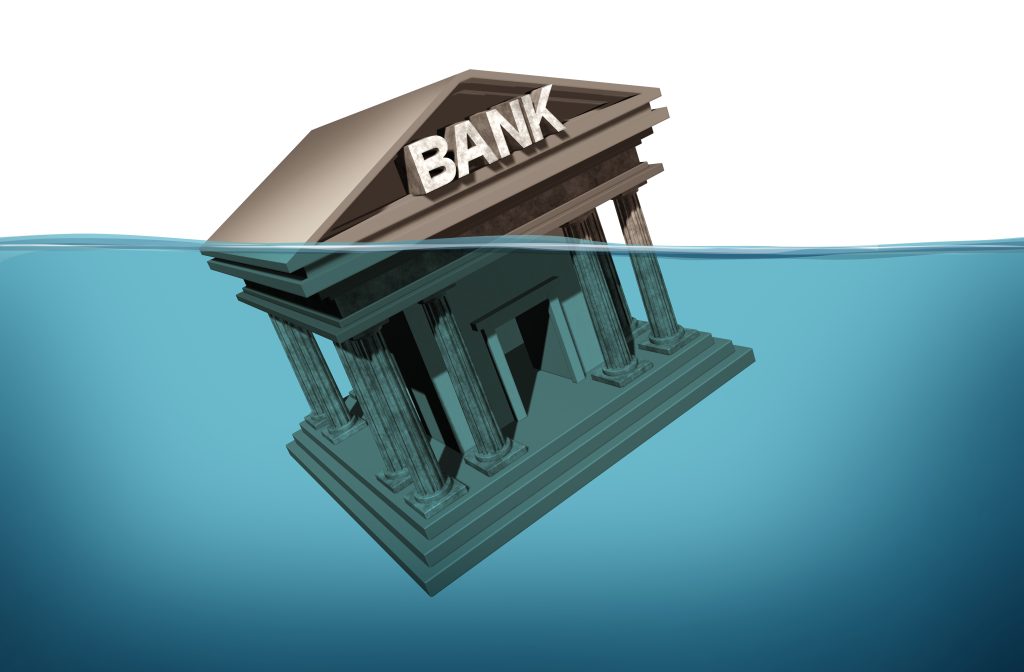Reporting from Santiago, Chile
One would think that certain truths are obvious by now.
It should be obvious, for example, that there are consequences to living beyond your means.
It should be obvious that there are consequences to a long history of spending unsustainably and accumulating mountains of debt.
And it should be obvious that there are consequences to dealing with such problems by spending more and accumulating even more debt.
It should be obvious. But it’s not.
In Europe, politicians are hailing their responses to the Cyprus crisis as a success. They pretend like everything is OK, notwithstanding the capital controls now imposed.
Keep moving people, nothing to see here.
Curiously, institutional investors have mostly shrugged off the turmoil. European markets are down just a few percentage points… which is not even considered a correction let alone a crash.
Gold, when denominated in euros, has ticked up a few percentage points. Like sheep running in to a burning barn, most institutional investors have piled into US Treasuries for ‘safety’, bidding the 10-year yield down from 2.05% to 1.91%.
Frying pan. Fire.
(As an aside, it’s incredible that these institutional money managers get paid tens of millions of dollars to manage people’s hard-earned savings. And yet, they view the US government… the greatest debtor in the history of the world… as ‘risk-free’. It’s genius!)
Meanwhile, back in the Land of the Free, mainstream financial press is toasting the economic recovery, particularly as the housing recovery picks up steam.
Yet as anyone who has cracked open a book on monetary history and financial crises can tell you, THIS is how it starts.
In the early 1790s, for example, the interim government of post-revolutionary France began an experiment with paper money called assignats.* Famous orators declared it a panacea to the crisis that had been plaguing the country at a time when people were begging for solutions.
Initially the results were very promising, and property prices began to rise. People cheered their perceived ‘wealth’ and asked for even MORE paper money.
Of course, it didn’t take very long for a currency crisis to develop… and within a few years, hyperinflation, capital controls, and failed price controls had taken hold.
In the Weimar Republic, the same thing happened when the government switched from ‘gold marks’ to ‘paper marks’. Initially, asset values rose. Stocks and property surged, and people felt very wealthy.
Shortly after, the currency collapsed. Pianos became a medium of exchange, and paper marks became nothing more than fuel for furnaces.
Hyperinflation always starts with a surge in asset prices. And as I see stock markets at new highs, property prices posting big increases, and bond yields of the greatest debtor nations in the world hover at just over ZERO, a sane person ought to consider these important lessons from history.
* Recommended reading: Andrew Dickson White’s Fiat Money Inflation in France, available for free online(PDF).









